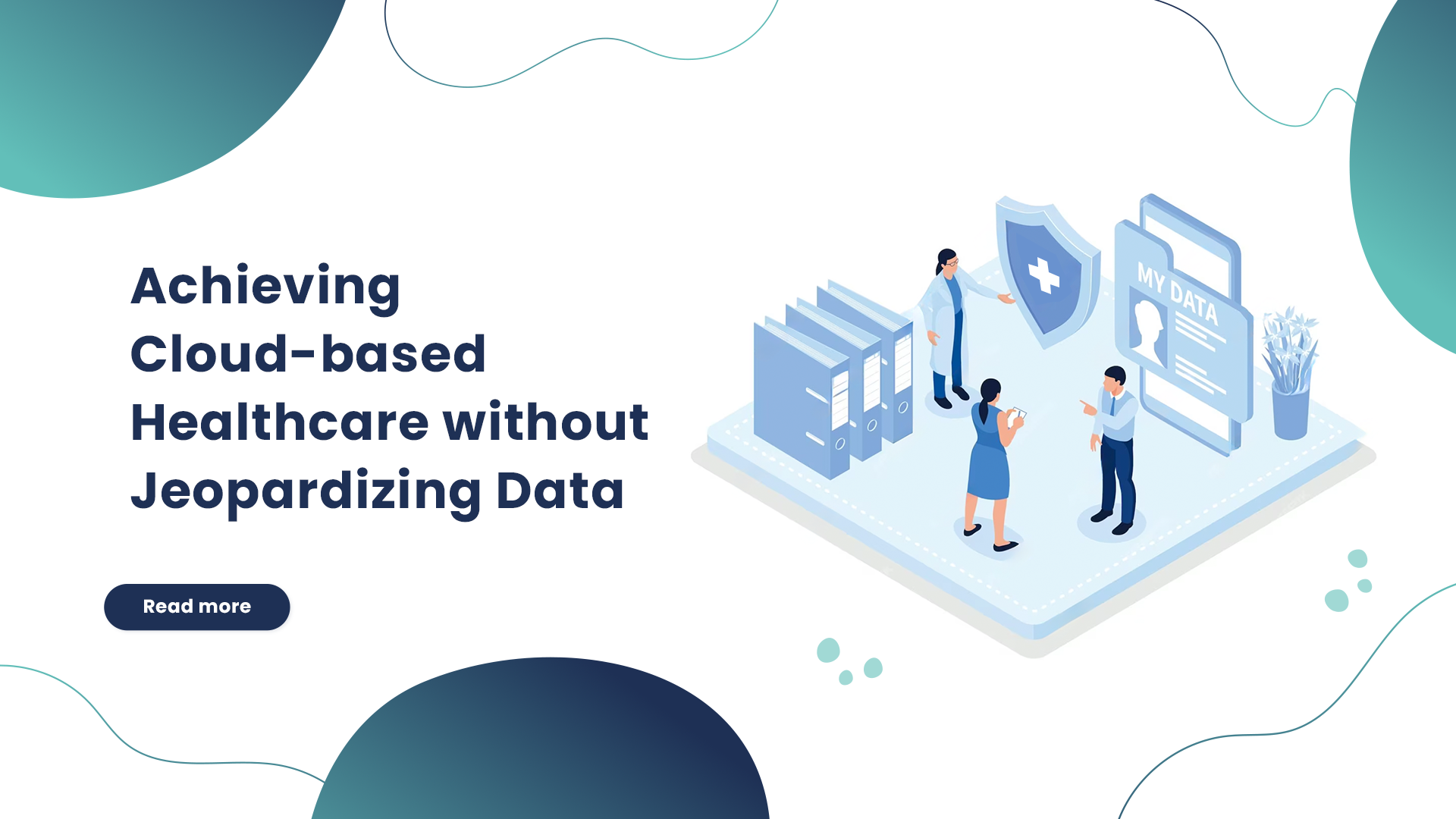As healthcare technology continues to evolve, so does the need to protect patient data. Organizations are facing the challenge of strengthening their cloud-based systems to protect against ever-changing cyber threats. Compliance with HIPAA regulations is a top priority, and stringent security measures must be taken to ensure that sensitive information is not accessed or breached.
Embracing cloud technology in healthcare
The cloud has opened up new opportunities for collaboration, streamlining processes, and improving patient care. From EHRs to telemedicine, the cloud provides access to essential information across healthcare networks, allowing medical professionals to share and analyze data in real-time and make informed decisions that will positively impact patient outcomes.
The Critical Imperative: Data Security
With all these advances in technology, patient data security remains a top priority. Healthcare organizations are facing the challenge of strengthening their cloud-based systems against the ever-changing cyber threats. The importance of this becomes even more evident in an environment governed by stringent regulations such as those governing HIPAA, designed to shield sensitive information.
Key challenges in cloud-based healthcare include:
- Data encryption and access control: Implementing strong encryption and access control protocols to protect sensitive patient data.
- Compliance and regulatory standards: Adhere to strict healthcare regulations while using cloud technology to ensure privacy and integrity of data.
- Risk of data breaches: Mitigate the potential risks of cyber threats and unauthorized access that can compromise patient privacy and trust.
Creating a secure cloud-based healthcare environment requires a number of strategies, such as:
- Comprehensive Risk Assessment: identifying vulnerabilities and fortifying security measures to address them.
- Encryption and Authentication: implementing multiple authentication methods to control access to and protect data while it is in transit or at rest.
- Regular Security Audits: regular updates to stay up-to-date with emerging threats and meet industry standards.
The Human Element: Training and Awareness
Furthermore, it is imperative to foster a culture of data security among healthcare professionals in addition to technological safeguards. Educating healthcare workers on the protocols for handling documents, spotting phishing attempts, and maintaining vigilance against potential breaches are all integral parts of fortifying the healthcare ecosystem against cyber threats with training programs.
Collaborative approach and future outlook
Cloud-based healthcare is on the path to a secure, patient-focused future. To ensure that innovation and data security are prioritized, it is essential that healthcare providers work together with technology vendors, regulatory bodies, and other stakeholders to identify and address emerging issues and best practices.
Conclusion
The healthcare industry is on the cusp of digital transformation, and cloud integration has great potential. However, it is important to ensure that patient data remains secure and confidential. By taking strong security measures, developing a culture of safety, and working together, healthcare professionals will be able to take advantage of cloud technology and protect the trust and safety of the people they serve.
To learn more about cloud technology and archiving, get in touch with Triyam, your one-stop data management solution.
We’re ready to answer all of your questions. Register now for a live demo!

